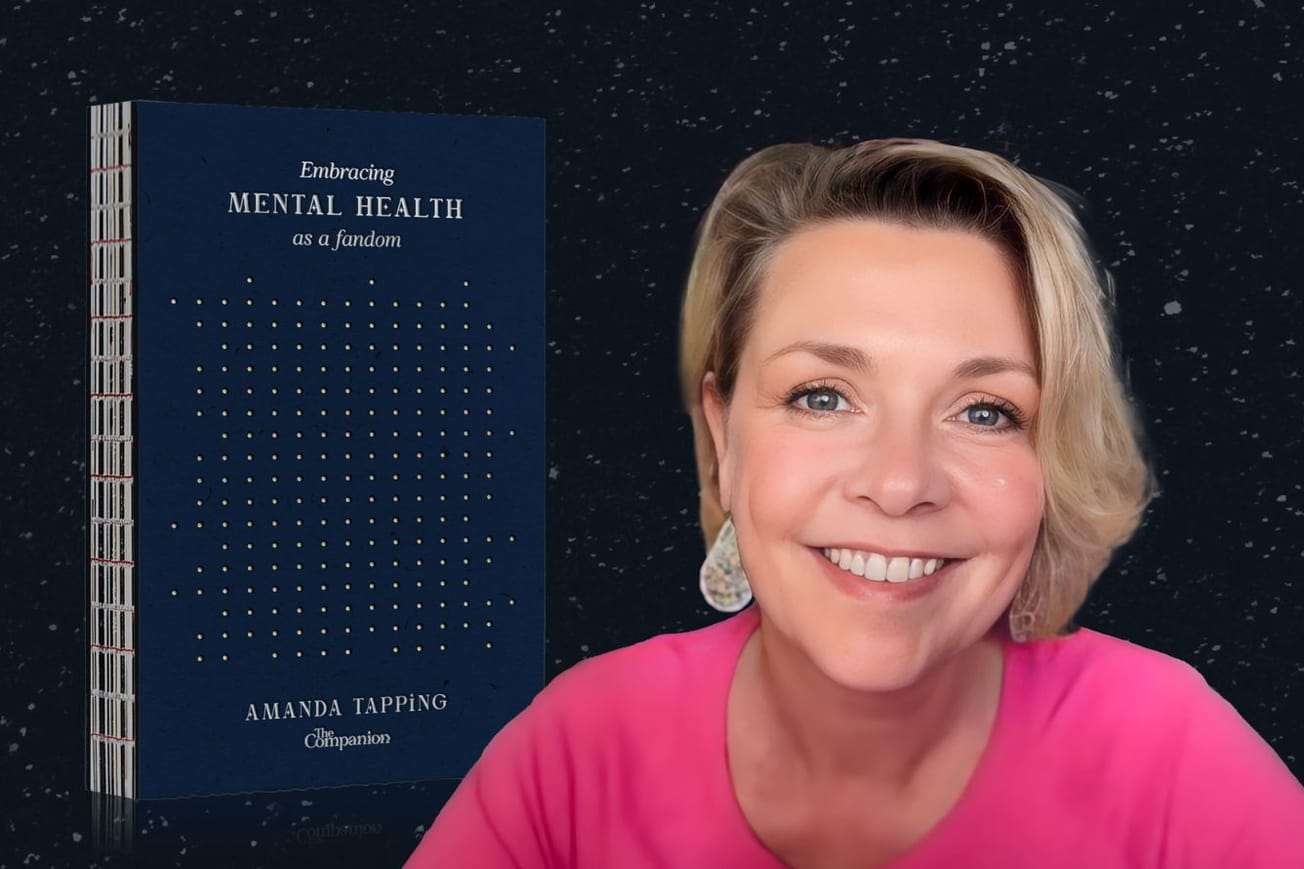Stargate SG-1 was always “our show” – my mom’s and mine – and I delighted in the adventures that we’d go on every Friday night. In fact, the memories of watching the show, form some of my happiest memories from my early teen years. (She says, giving away her age.) Yet, as I’ve grown and experienced the loss of friends and family in various forms, I find that some episodes of Stargate stand out to me more than others. I’d find myself watching an episode again years later and would find layers of meaning and emotion that I didn’t see before. One of these episodes is Season 2’s ‘The Gamekeeper’ (S2, Ep4).
Explaining ‘The Gamekeeper’
In this episode, SG-1 is sent to P7J989 – a lush garden with a dome-like structure – where they find all the inhabitants unconscious and attached to large machines. When they go to inspect some of the empty machines, they are captured by the machines and pulled against their will into what they find out is a virtual world. Within this world, they are then forced to relive their worst memories over and over, as they try to change the outcome of those events.
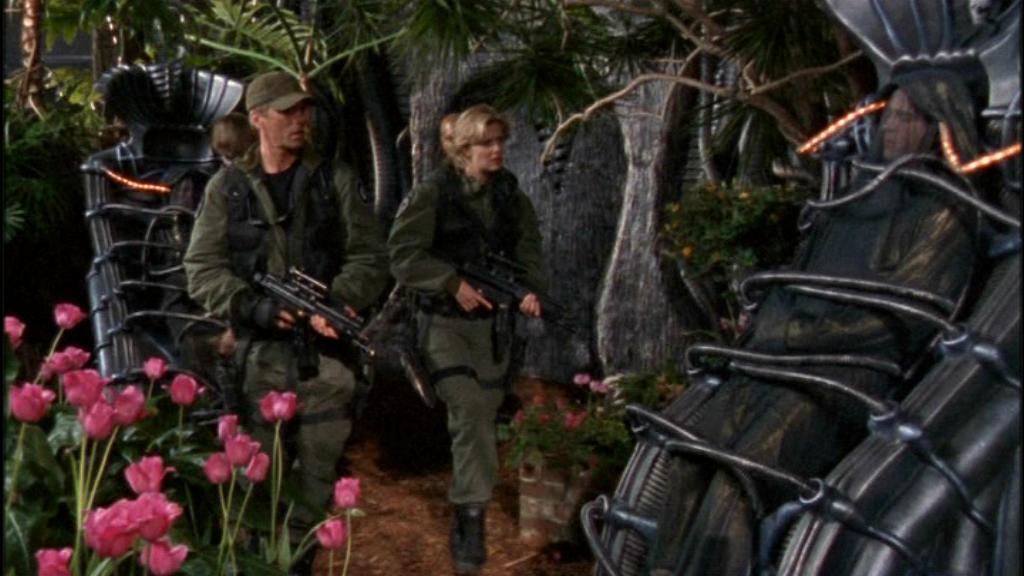
Jack O’Neill (Richard Dean Anderson) and Teal’c (Christopher Judge) find themselves in 1982 in East Germany where an operation went horribly wrong and Jack lost one of his friends. Daniel Jackson (Michael Shanks) and Samantha Carter (Amanda Tapping) find themselves in the New York Museum of Art where Daniel has to relive seeing his parents killed in an accident.
‘The Keeper’ (Dwight Schultz) then appears and they find out that they’re in a virtual world, like the other inhabitants, as the planet is “uninhabitable”. SG-1 tries to convince the other people that the world has recovered and the Keeper is lying, but the Keeper sends them away and seems to send SG-1 home – only for them to find out that they are still in the virtual world and being used for their memories. SG-1 finally gets out, thereby also showing the others in the virtual world the way out into the real world.
There are some questions that remain about the episode, for example, the manner in which the machines were able to sustain the population for 1,000 years, why the Keeper also didn’t seem to age much even though he wouldn’t have been attached to the machines the whole time, etc. But, then again, there are only 40 minutes of story and we did end up learning that Sam had been seemingly irrevocably changed by Jolinar.
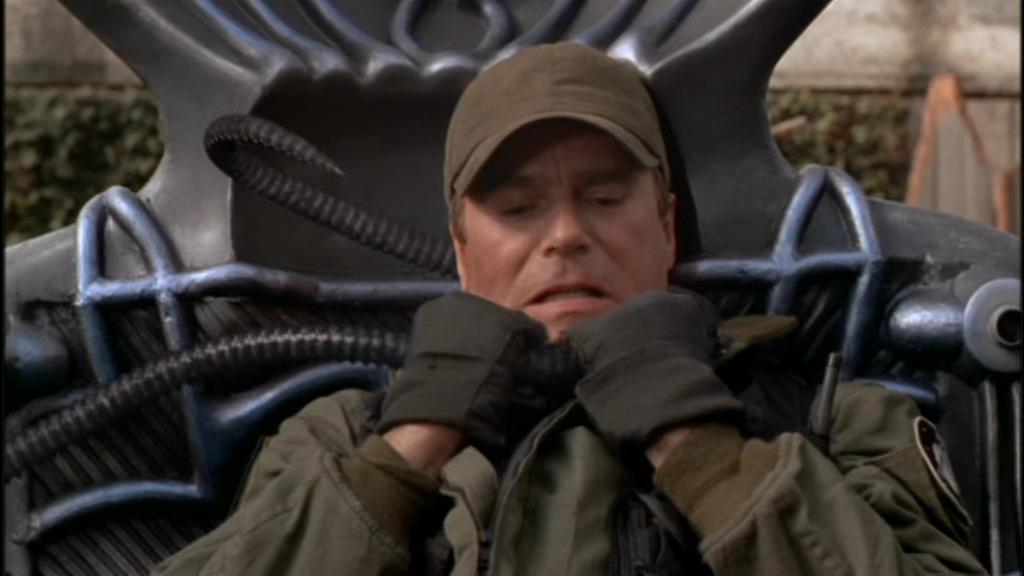
While I admit that ‘The Gamekeeper’ isn’t one of the most beloved episodes of Stargate SG-1, it did hit very close to home when I watched it again for the first time after my mother had passed away from cancer. I think it was the first time that I fully realized how my outlook on life had changed in the time that she battled the disease that would ultimately take her life.
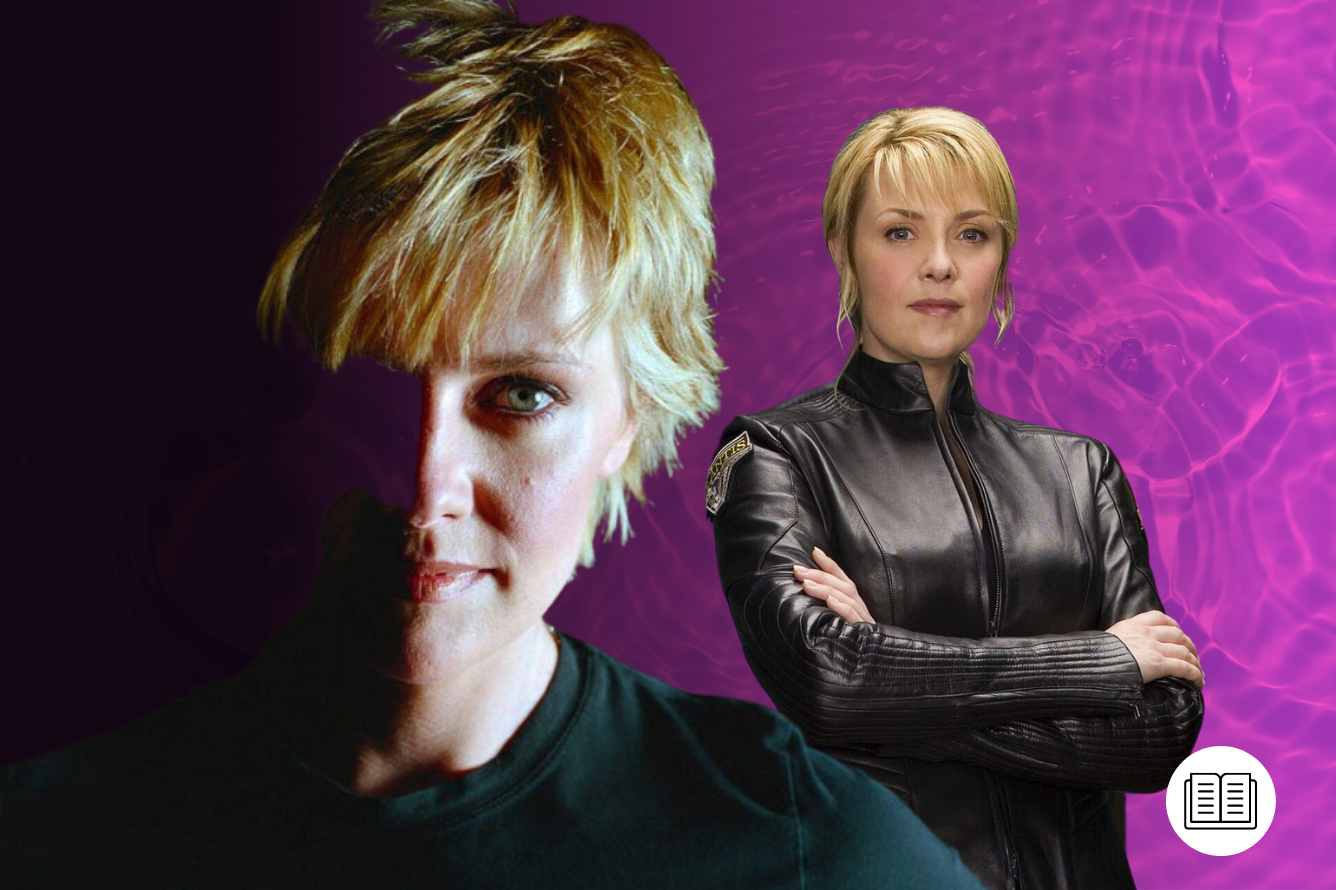
Living With Traumatic Memories
But let me rewind a bit first. You see, when the episode aired for the first time, it was while my grandparents (who we lived with and cared for) were themselves battling with incurable diseases: metastasized brain cancer in the case of my grandmother and Alzheimer’s and Parkinson’s in my grandfather’s. Seeing Daniel’s parents being killed in an accident in the New York Museum of Art brought home the loss that would all too soon be part of our lives. And, much like in the game devised by the Keeper on P7J989, we could ruminate endlessly on what we could have done differently without there being any change in the future outcome.
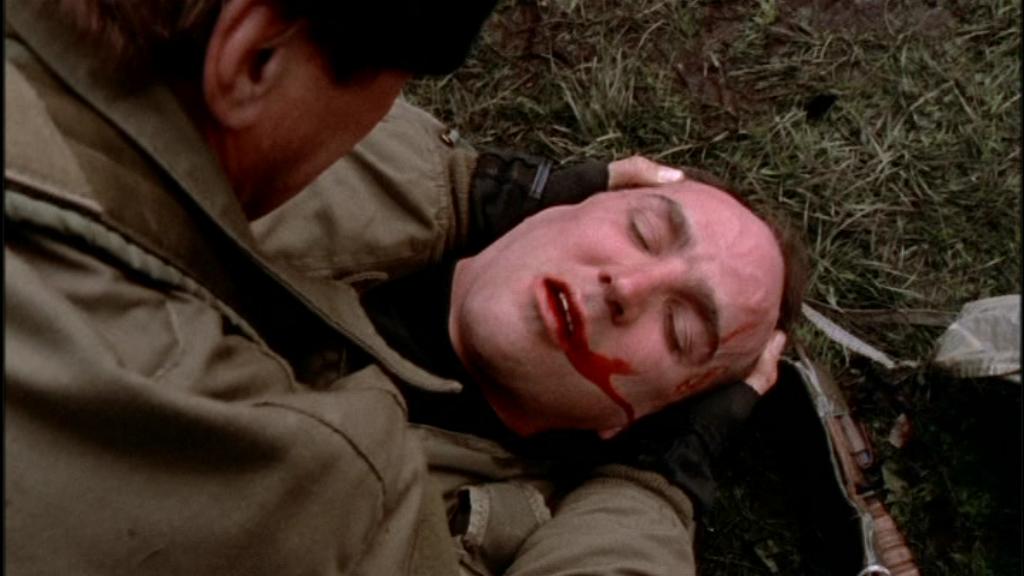
Years later, when I watched ‘The Gamekeeper’ episode without my mother, I felt palpable loss when it came to both Jack and Daniel losing friends and family and reliving some of their most haunting memories. As Daniel says:
“So it takes one of the most tragic moments of my life and play it over and over again. … I used to replay this over and over in my mind…”
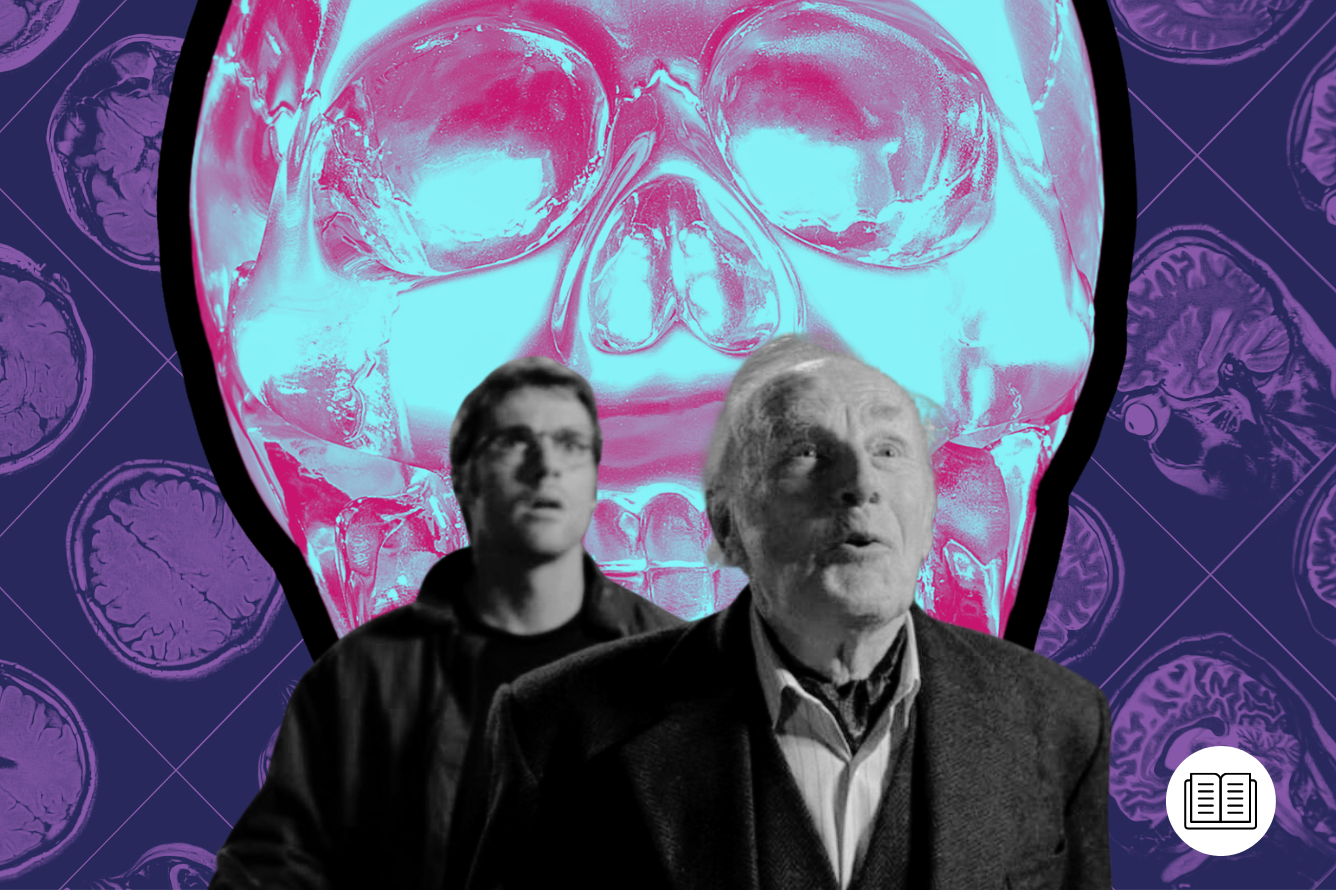
The Keeper and the world he created act much like an anxiety spiral wherein thoughts themselves play over and over in your mind. These thoughts, however, lead to catastrophizing and ever-greater anxiety levels – even when you refuse to “play the game”. In this way, these spiraling thoughts also keep you from experiencing the world outside your own mind. Like the residents, you are trapped within a seemingly everlasting loop of thoughts that lead neither to change nor closure.
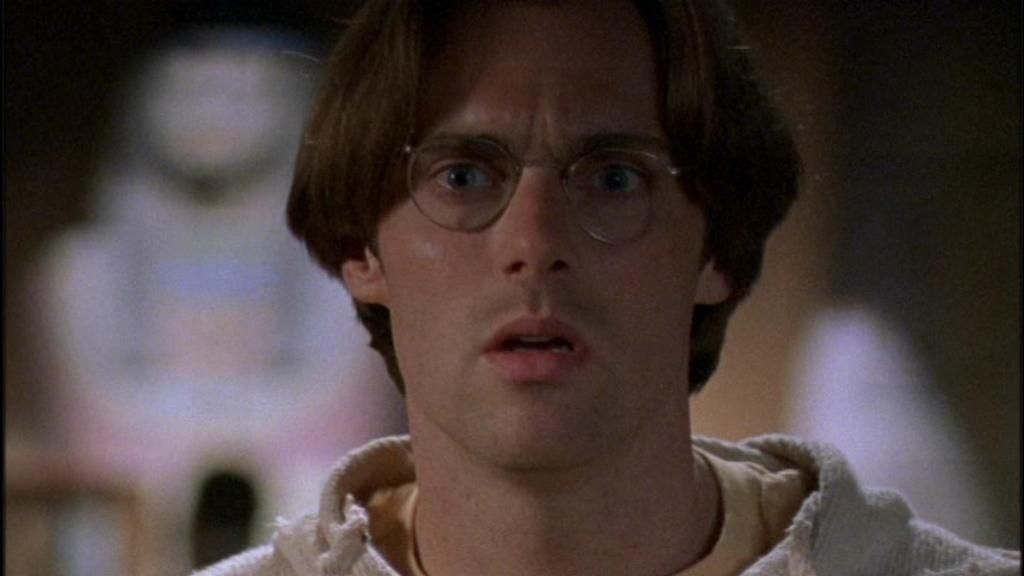
Trying to escape the spiral thoughts alone is much like Daniel asking the Keeper how he’s supposed to “make things right” and being told, “Well, if I told you that it wouldn’t be any fun, now would it?”
As Daniel says: “My options are infinite and my solutions are zero.” He realizes all too well that, even if he changes things in this virtual reality – in his mind, basically – nothing would have changed in what had actually happened.
Jack, too, knows that he cannot go back and change things even if he figures out some different way; it would not be real. This time it also wouldn’t even be a true memory, it’d be something dreamed up by his imagination:
“See that’s just it. It’s history, it’s over, it happened, I can’t change it.”
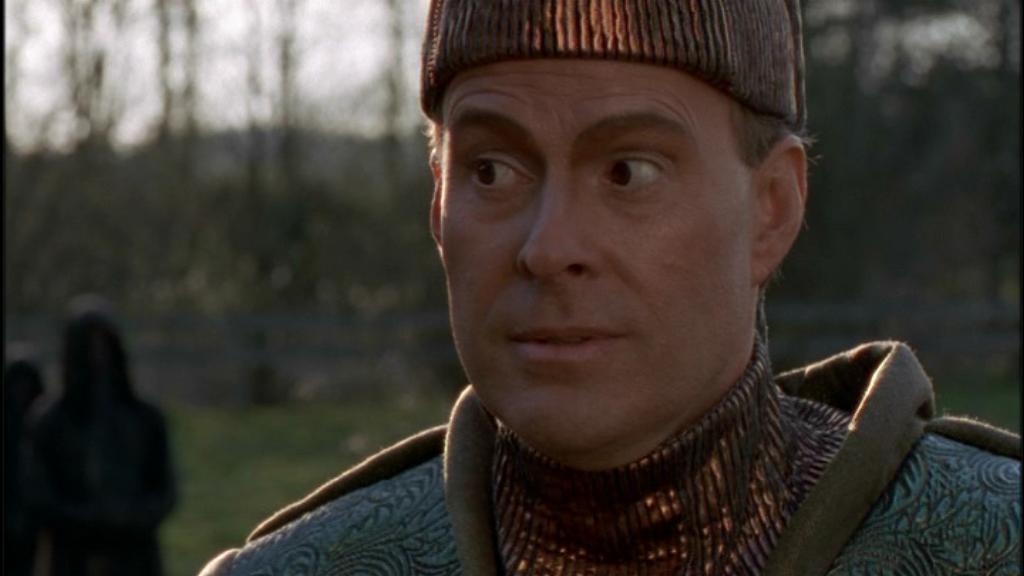
The Keeper furthermore lies in order to keep the team and residents trapped within their own minds. This feeling of being lied to by your spiral thoughts is one that some people who suffer from anxiety or depression often come across. It can be very tempting to remain lost in your own thoughts or memories and not have to venture outside of yourself and the world that your mind creates.
The Keeper’s Game is Rigged
The Keeper tries to tempt the team to stay in the world he created by hinting at what could be if only they let go of their real lives, even going so far as to tell Jack (while in the guise of General Hammond) that he could see his son again.
Judging by what we’ve already witnessed, the intention of The Keeper is quite clear; Jack will relive his son’s death again and again until he figures out how to save Charlie’s life. It’s as if The Keeper had gone from bad to worse by first putting Jack through the pain of seeing friends die before letting (forcing, even?) him relive Charlie’s death. And that in front of an audience of Residents as well.
We can also ask whether The Keeper – who lives both inside and outside his created world – had experienced his worst memories and tried to change them instead of only living through the memories of others.
He does seem to really believe that it is all a game that he can be in charge of even if it ruins people’s lives. He twice notes that he is in charge of the “game”, seeing himself as a kind of creator-god of the virtual world they’re now inhabiting:
“The Keeper of all that was, is, and will be in this place.”
He even sees himself as benevolent and someone to be thankful for when he first speaks to O’Neill:
“Because it is that which you have always wanted …You have always wished to do it again in order to do it differently.”
And Jackson:
“The reality is in the eye of the beholder, is it not? You have always wished to go back and do things differently. I have given you that opportunity. Now, go make things right in this place.
“Is it not wonderful? Now you get the chance … to relive your momentous event. To try the plethora of variations that’s been weighing on your mind and finally see if you can make a difference.”
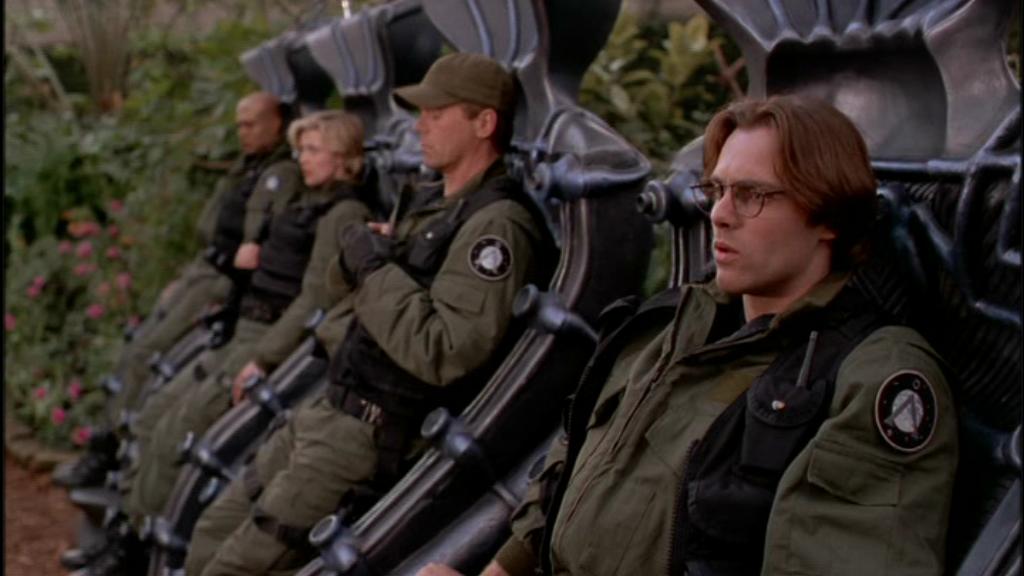
Although the cruelty of what The Keeper is doing to his people and SG-1 is apparent to the team, he seems – at least at first – to be completely oblivious to the harm he’s causing by keeping everyone locked inside his virtual world. Yet we soon enough learn that he doesn’t want to let the Residents go as that will mean that he no longer has control over them.
Having abused his position as Keeper, it’s no wonder that the Residents, once freed and in the garden, take no heed of him.
The Residents as Mourners
The Residents of the created world’s clothing also don’t only resemble shrouds or clothing worn to a funeral (depending on your culture, of course, but the black clothing can be used as shorthand here), but it can be argued that they are indeed mourning. The Residents had escaped from the real world which had been destroyed only to be trapped in another, virtual world where their worst memories are relived.
To top it off, other Residents could also be witnesses to their memories and their failures to change what had happened as is the case with both Daniel and Jack. What a nightmarish world to spend a thousand years in.
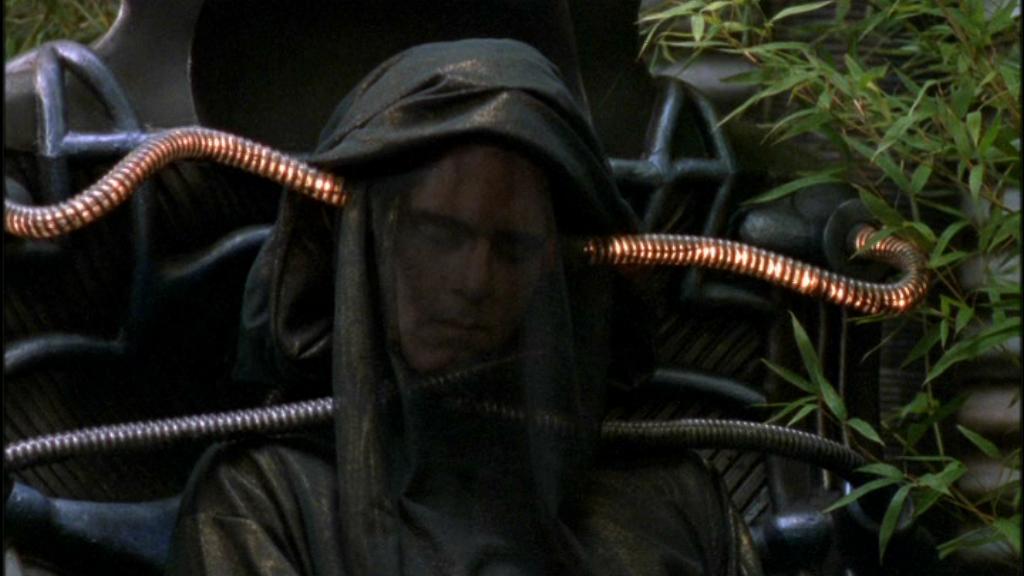
When the residents remove the veils from their faces and reveal themselves to SG-1, they take the first step towards breaking free from the world in which they had been kept prisoner for all intents and purposes. This, too, can be likened to breaking free from the dark, spiral thoughts and anxiety that can take over your life when going through a time of mourning and loss.
The main realization for me while watching this episode was that looking back on loss with acceptance of what had happened, doesn’t mean that you won’t grieve or that you’ll immediately stop grieving and everything will turn into rainbows and unicorns. Rather, it makes you look at the bigger picture of what happened and how it changed your life. It gives you the chance to leave the chamber and go into the garden, so to speak.
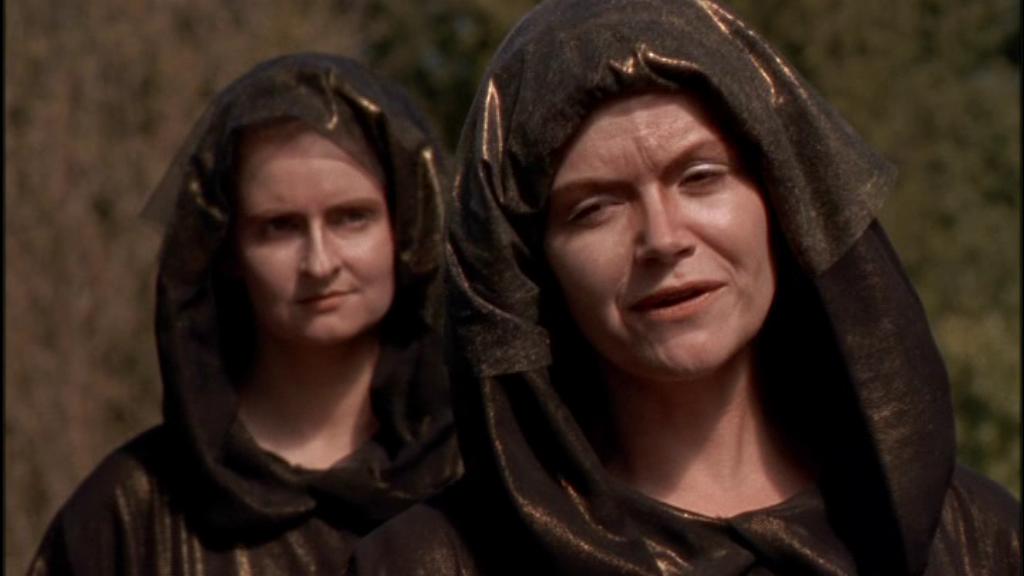
Acceptance leaves space for you to remember the good memories as well, instead of only revisiting those that capture you in a spiral of grief, anxiety, and depression. Seeing the bigger picture and all that had changed in my life – both the good and the bad – made me realize that, perhaps, there is nothing that I need to go back to, to “set right”.
It rather makes me ask whether the trajectory tragedy sets you on is the true path that you need (and needed) to follow. The pain that comes with loss is, in the end, a sign that you’re still here and still alive. It’s a sign of your humanity rather than a flaw that needs to be corrected.
Reflecting on ‘The Gamekeeper’
Many times genre fiction asks whether you should tamper with your past in order to bring about change in your life and to have a better life where you are now. However, it rarely takes the other person and their life’s journey into account. For example, let’s say that my mother’s cancer had been cured instead of metastasizing. This would obviously affect my life significantly. But what about my mom’s journey? (Or my sister’s journey for that matter.)
By not accepting that someone else’s life path can be in conflict with what I want it to be is not only doing them a disservice but is also quite selfish. It’s also, usually, only by looking back that we can see the web that our interwoven lives form. Changing one thing in this web will influence and change many others. It’s not so much dominoes falling, but a web unraveling.
Through acceptance of loss and acceptance of the road that you are on, however, you can start to venture into your new future. This new future is then also influenced by the understanding of the pattern of your life that has brought you to this place. In the case of this episode, the garden is indicative of the brand-new future and newfound freedom that the Residents now have.
Having new experiences or finding joy every day can be extremely difficult after suffering a great loss or going through trauma. Yet it is these new experiences that keep you going a lot of the time.
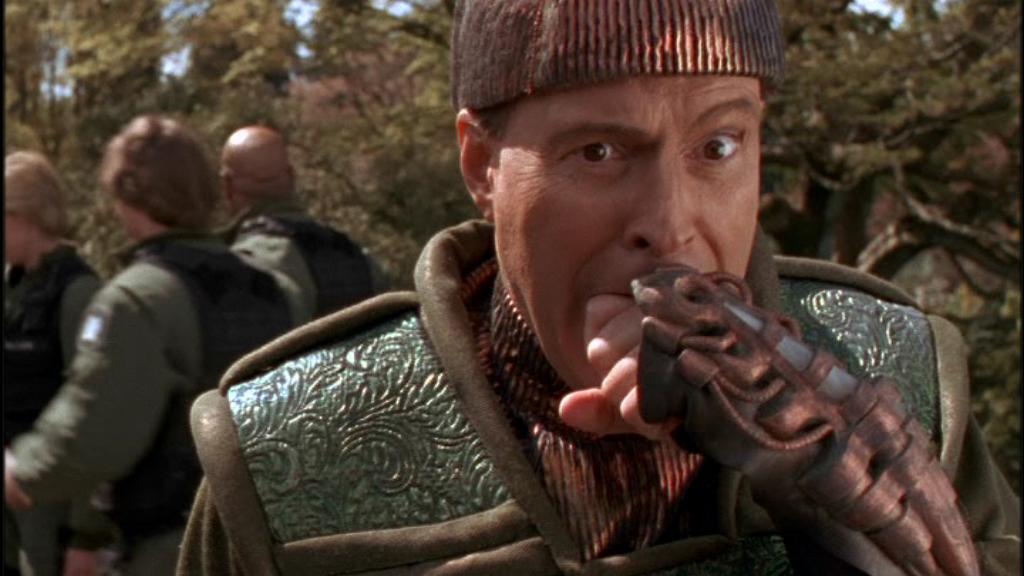
The residents picking the flowers form part of the new experiences that they are starting to have and that will keep them from ruminating over the same memories that they’d tried to change while being locked inside the virtual world. That the (ex) Residents don’t take any heed of The Keeper shows that they have now fully turned their back on what once was and are looking towards the future – and the scene invites us to do the same.
This article was first published on October 14th, 2021, on the original Companion website.







